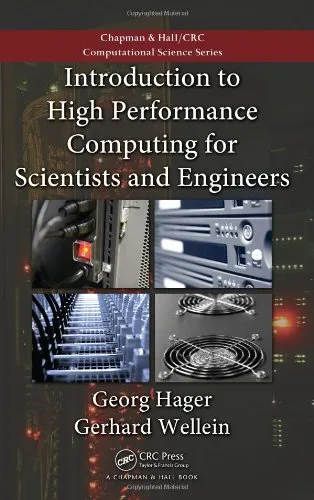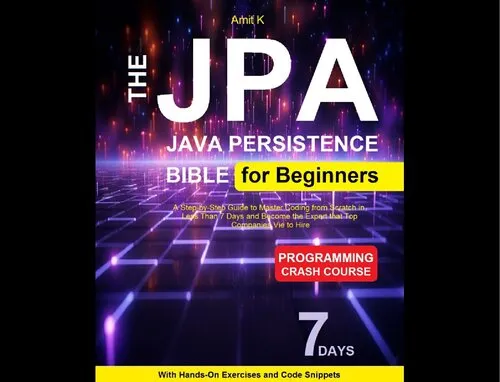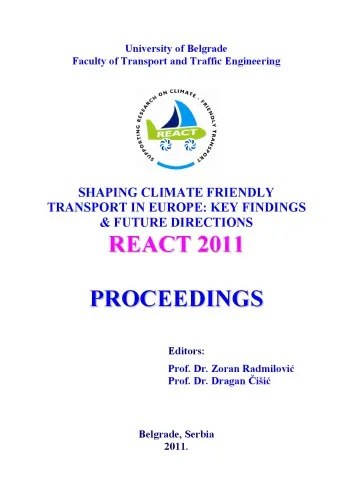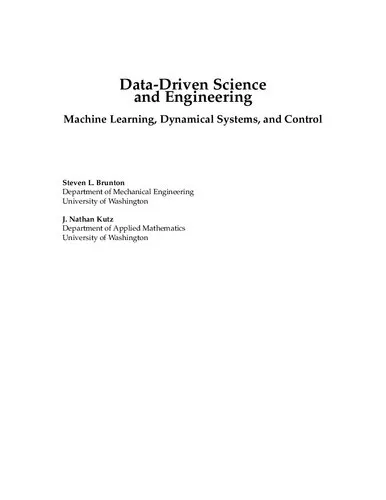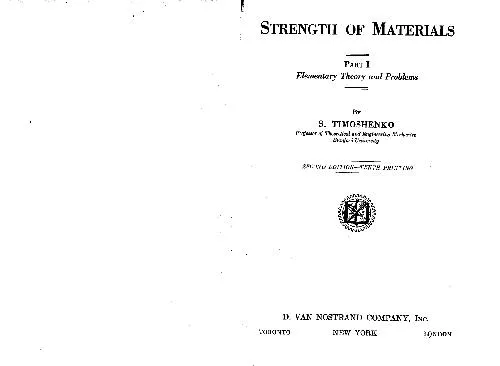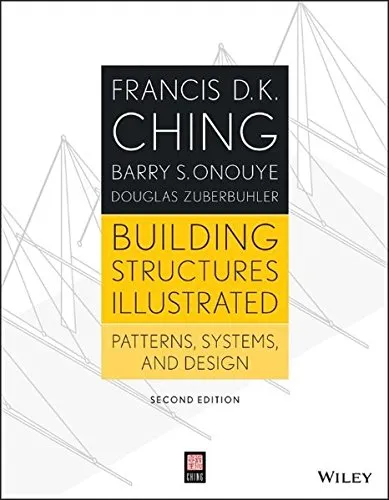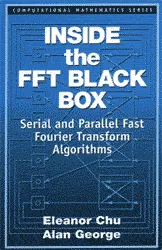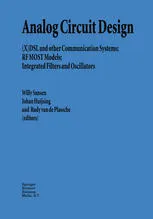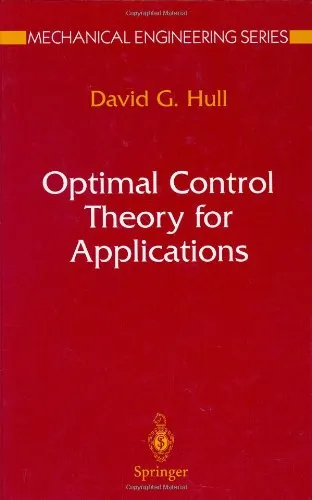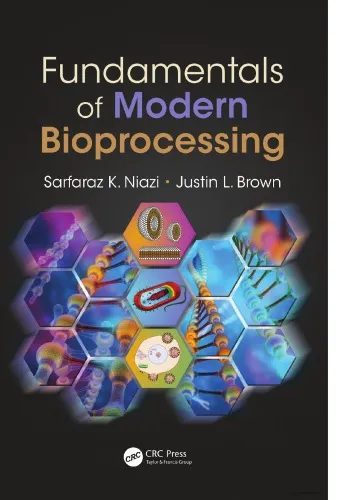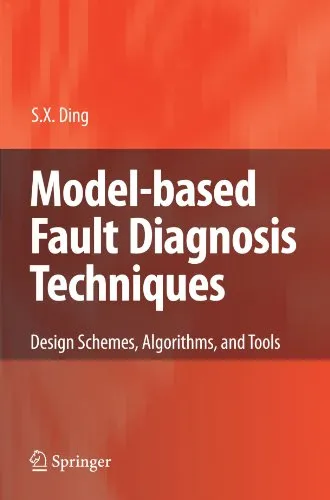Introduction to High Performance Computing for Scientists and Engineers
5.0
Reviews from our users

You Can Ask your questions from this book's AI after Login
Each download or ask from book AI costs 2 points. To earn more free points, please visit the Points Guide Page and complete some valuable actions.کتاب های مرتبط:
Introduction to High Performance Computing for Scientists and Engineers
"Introduction to High Performance Computing for Scientists and Engineers" is a meticulously designed guide tailored for researchers, engineers, and students keen on delving into the field of High Performance Computing (HPC). Authored by Georg Hager and Gerhard Wellein, this book provides both a foundational understanding and in-depth knowledge required to harness the power of modern computing architectures effectively.
Detailed Summary of the Book
As computing continues to advance at an exponential rate, the book addresses the ever-growing demand for computational expertise to solve complex scientific and engineering problems. The authors have structured the content to cater to readers from various domains, ensuring accessibility even to those with limited computer science backgrounds. The book introduces key principles underlying HPC, providing a balanced mix of theory, practical concepts, and highly relevant examples.
Key areas covered in the book include:
- The fundamentals of computer architecture and how they impact performance.
- Optimization techniques for maximizing usage of modern processors.
- Parallel computing paradigms and their efficient implementation.
- Tools and libraries essential for HPC development.
- Performance evaluation and modeling techniques to predict and enhance performance.
What sets this book apart is its emphasis on understanding the "why" behind performance configurations. The authors stress practical aspects of HPC programming while ensuring readers comprehend the theory, enabling them to develop innovative performance-driven solutions in their respective fields.
Key Takeaways
This book is designed not just to teach the principles of HPC but to instill a methodical approach to problem-solving in computational science. By the end of the book, readers can expect to:
- Understand the interplay between software and hardware in modern computing systems.
- Gain expertise in exploiting multi-core, vectorization, and parallelization techniques.
- Develop skills to optimize performance for real-world applications.
- Use advanced performance evaluation tools to measure effectiveness and locate bottlenecks.
- Learn how to write scalable and portable code suitable for a wide range of HPC architectures.
These takeaways set a firm foundation for anyone aiming to explore advanced HPC topics or work on state-of-the-art projects in science and engineering.
Famous Quotes from the Book
- "Computing is not about the number of floating-point operations; it's about solving problems efficiently."
- "Understanding the architecture of modern processors is not optional for a serious HPC practitioner."
- "Performance tuning in HPC is a process of continual learning—each step teaches you more about the system."
The thoughtful insights shared in the book encourage readers to constantly rethink and refine their approach to performance optimization in computing tasks.
Why This Book Matters
In an era driven by exponential growth in computational resources, scientists and engineers must adapt to the challenges of leveraging these capabilities efficiently. Traditional programming techniques often fall short when facing large-scale problems, making HPC an integral skill for many fields. This book plays a crucial role in bridging the gap between observational learning and practical implementation.
"Introduction to High Performance Computing for Scientists and Engineers" is especially relevant for researchers tackling problems like climate modeling, molecular simulations, computational fluid dynamics, and other data-intensive applications. Beyond its utility as a textbook, it also serves as a reference guide for professionals already in the field. The authors’ combined expertise ensures the book strikes the perfect balance between practical advice and theoretical rigor.
Whether you are a beginner or an experienced professional, this book provides the tools, knowledge, and confidence needed to maximize the performance of modern computing resources. Its real-world examples and hands-on approach highlight its importance as a seminal work in the field of High Performance Computing.
Free Direct Download
You Can Download this book after Login
Accessing books through legal platforms and public libraries not only supports the rights of authors and publishers but also contributes to the sustainability of reading culture. Before downloading, please take a moment to consider these options.
Find this book on other platforms:
WorldCat helps you find books in libraries worldwide.
See ratings, reviews, and discussions on Goodreads.
Find and buy rare or used books on AbeBooks.
1481
بازدید5.0
امتیاز1
نظر98%
رضایتReviews:
5.0
Based on 1 users review
kina9
Sept. 14, 2025, 3:47 p.m.
O arquivo disponibilizado contém o texto completo do livro, abordando desde arquitetura de processadores modernos até técnicas de otimização e paradigmas de programação paralela, como OpenMP e MPI.
O livro é referência fundamental em cursos de HPC, incluindo o fornecido no repositório que mencionou.
Questions & Answers
Ask questions about this book or help others by answering
No questions yet. Be the first to ask!
